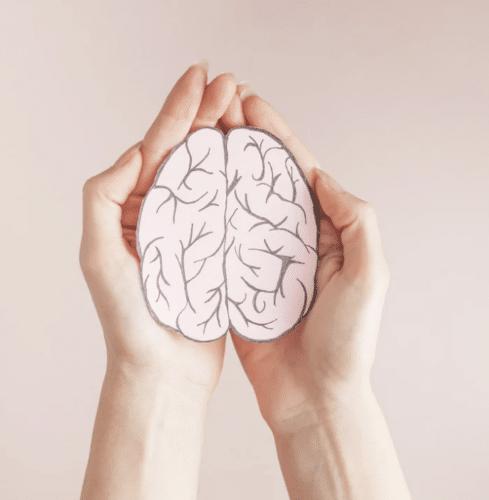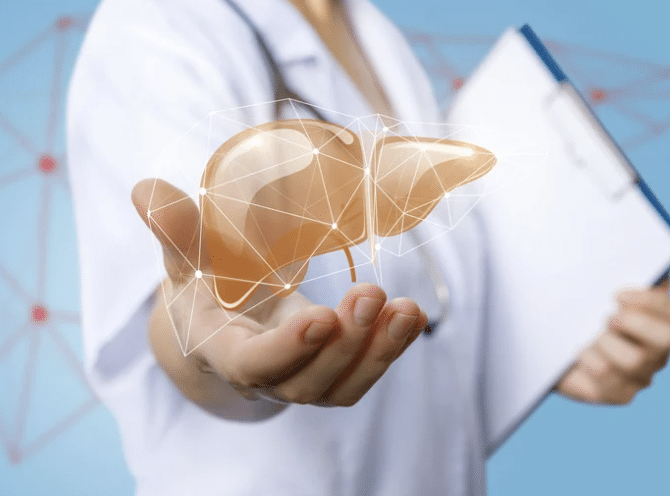Alcohol has been a part of human history for thousands of years, woven into social traditions, religious ceremonies, and personal rituals. From a celebratory champagne toast to an evening glass of wine, drinking is ingrained in cultures worldwide. But with growing research on alcohol’s impact on health, one critical question remains: Is alcohol helping or harming us?

For years, moderate alcohol consumption—particularly red wine—has been linked to certain health benefits. However, emerging research increasingly challenges this idea, showing that alcohol, even in small amounts, may pose significant health risks. Whether you drink occasionally or frequently, it’s important to understand how alcohol affects your body, both in the short and long term.
What Counts as a “Drink”?
Before diving into alcohol’s effects, it’s helpful to define what is considered a standard drink. According to the Centers for Disease Control and Prevention (CDC), a standard drink contains about 0.6 ounces of pure alcohol, which translates to:
- 1.5 ounces of distilled spirits (40% alcohol, e.g., vodka, whiskey, rum)
- 12 ounces of beer (5% alcohol)
- 8 ounces of malt liquor (7% alcohol)
- 5 ounces of wine (12% alcohol)

Drinking Patterns: What’s Considered “Too Much”?
The CDC also outlines different drinking patterns:
- Moderate Drinking: Up to 1 drink per day for women, 2 drinks per day for men.
- Binge Drinking: 4+ drinks on one occasion for women, 5+ drinks for men.
- Heavy Drinking: 8+ drinks per week for women, 15+ drinks for men.
While occasional or moderate drinking may seem harmless, studies suggest that any amount of alcohol can affect the body—sometimes in ways we might not immediately notice.
How Alcohol Affects the Body
Alcohol’s impact extends beyond a temporary buzz. It influences nearly every system in the body, from the brain and heart to the liver and digestive system. While excessive drinking is well-documented as harmful, research now suggests that even moderate drinking carries risks.
Cardiovascular Health: More Harm Than Good?
Alcohol has long been associated with potential heart health benefits—particularly red wine, which contains polyphenols and resveratrol that may support blood vessel function. However, newer research suggests that these benefits may stem from overall lifestyle factors rather than alcohol itself. On the flip side, alcohol consumption can contribute to significant cardiovascular risks:
- High Blood Pressure: Alcohol raises blood pressure, increasing the risk of heart attack, stroke, and kidney disease.
- Atrial Fibrillation (“Holiday Heart”): Binge drinking can trigger irregular heartbeats, known as atrial fibrillation, which significantly raises stroke risk.
- Cardiomyopathy: Long-term alcohol use weakens and stretches heart muscles, leading to heart failure.
- Stroke Risk: Alcohol-related high blood pressure and its impact on blood clotting can raise the risk of both ischemic (clot-related) and hemorrhagic (bleeding) strokes.

Alcohol’s Effect on the Brain
While alcohol initially promotes relaxation and sociability, its effects on the brain can be long-lasting and damaging.
- Cognitive Decline: Even moderate drinking has been linked to brain shrinkage and an increased risk of dementia.
- Mental Health Risks: Alcohol is a depressant that disrupts neurotransmitters, potentially leading to anxiety, depression, and dependency.
- Memory Impairment: Heavy alcohol use can cause blackouts and, over time, lead to permanent memory loss

Liver Health: A Silent but Deadly Threat
The liver plays a crucial role in detoxifying alcohol from the bloodstream. However, regular alcohol consumption—especially in excess—can severely damage liver function. There are three progressive stages of alcohol-related liver disease:

- Fatty Liver Disease: Early accumulation of fat in the liver, often without symptoms.
- Alcoholic Hepatitis: Inflammation of the liver, leading to pain and nausea.
- Cirrhosis: Permanent liver scarring, impairing function and increasing the risk of liver failure and liver cancer.
While fatty liver and mild hepatitis can be reversed with alcohol cessation, cirrhosis is irreversible. Unfortunately, many individuals don’t experience symptoms until significant liver damage has already occurred.
Alcohol and Cancer: A Strong Connection
Many people are unaware that alcohol is a carcinogen. According to the National Toxicology Program and the National Institute for Health, alcohol consumption has been linked to at least seven types of cancer:
- Oral Cancer
- Pharyngeal (Throat) Cancer
- Laryngeal (Voice Box) Cancer
- Esophageal Cancer
- Liver Cancer
- Breast Cancer
- Colorectal Cancer

Even moderate alcohol consumption increases the risk, with breast cancer risk rising by 7-10% per drink per day. This underscores the importance of reassessing alcohol’s role in a healthy lifestyle.
Should You Quit Drinking?
For those who drink occasionally, the risks may seem minimal, but the safest amount of alcohol may actually be none at all. Research suggests that even small amounts can contribute to high blood pressure, increased cancer risk, and cognitive decline.

However, quitting or reducing alcohol doesn’t have to be an all-or-nothing approach. If you or a client are looking to cut back or eliminate alcohol, consider these strategies:
- Explore Alcohol-Free Alternatives: From sparkling water with fruit to non-alcoholic spirits, there are many enjoyable substitutes.
- Rethink Social Habits: Suggest alcohol-free social activities, such as group fitness classes, coffee meetups, or hobby-based gatherings.
- Practice Mindful Drinking: Set limits and be intentional about when and why you drink.
- Seek Support: If drinking is becoming a challenge, organizations like SAMHSA (Substance Abuse and Mental Health Services Administration) provide guidance and resources.
The Role of Health Coaches
th coaches can play a valuable role in helping clients re-evaluate their relationship with alcohol. While they are not a replacement for professional addiction treatment, health coaches can:
- Provide education on alcohol’s effects and help clients make informed decisions.
- Support behavior change through goal setting and accountability.
- Encourage healthy habits as alternatives to drinking, such as stress management techniques and social engagement without alcohol.
By focusing on holistic wellness and lifestyle choices, health coaches can empower clients to make decisions that align with their personal health goals.

Final Thoughts: Is Alcohol Worth It?
Alcohol’s widespread cultural acceptance often masks its significant health risks. While occasional drinking may seem harmless, research continues to show that no amount of alcohol is truly “safe” for the body. From increasing cancer risk to damaging vital organs, alcohol’s impact can be far-reaching.
Whether you choose to cut back, quit, or stay mindful of your consumption, understanding the full picture of alcohol’s effects empowers you to make informed choices. If you or someone you know needs support, seeking guidance from professionals or a health coach can be a crucial step toward better health.
Our Latest Blogs
-

Would You Be a Good Health Coach?
Read Full Article: Would You Be a Good Health Coach? -

Food Sensitivity Testing 101: Supporting Clients with Inflammation and Gut Issues
Read Full Article: Food Sensitivity Testing 101: Supporting Clients with Inflammation and Gut Issues -

Protein 101: The Health Coach’s Guide
Read Full Article: Protein 101: The Health Coach’s Guide

